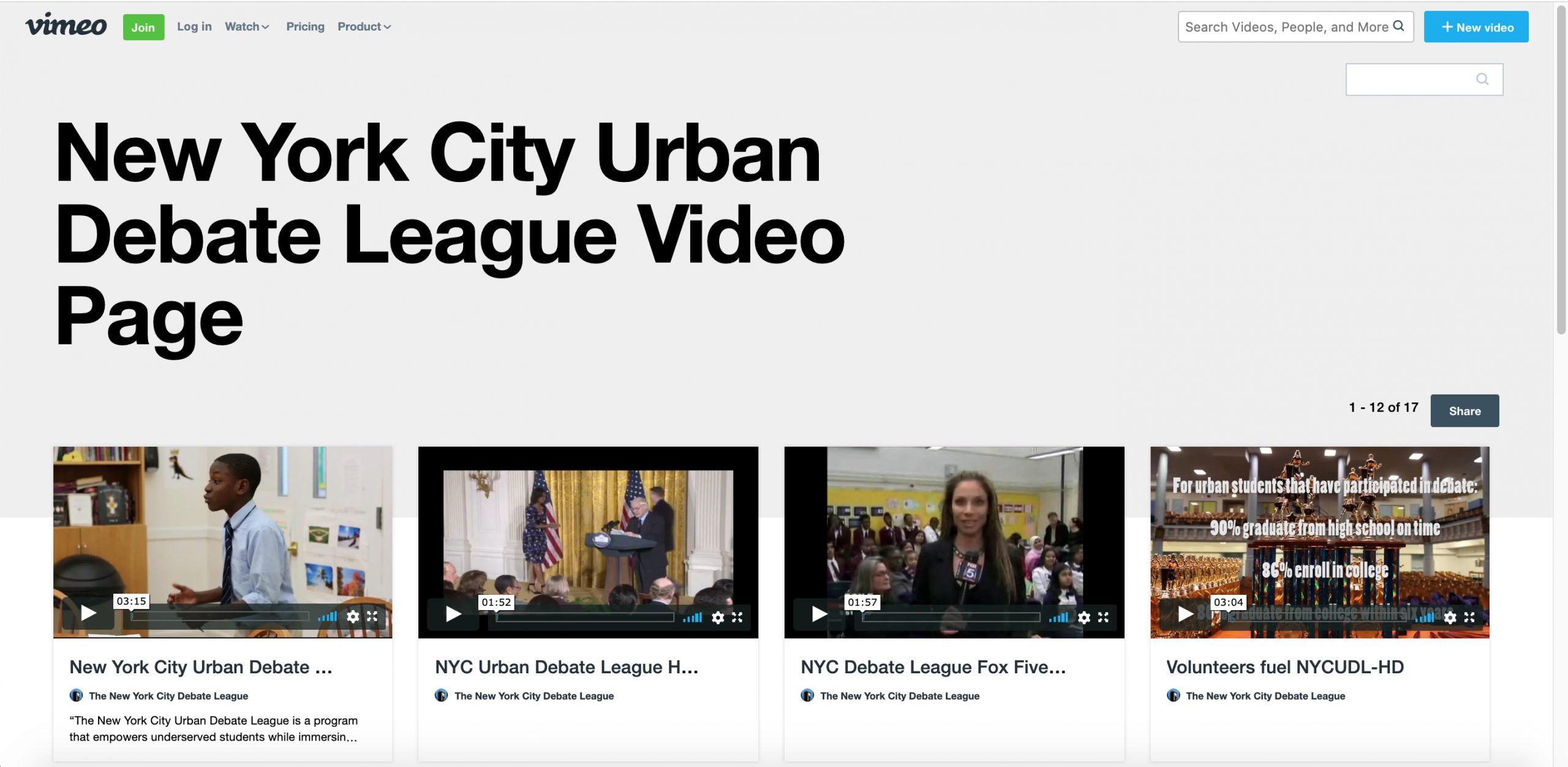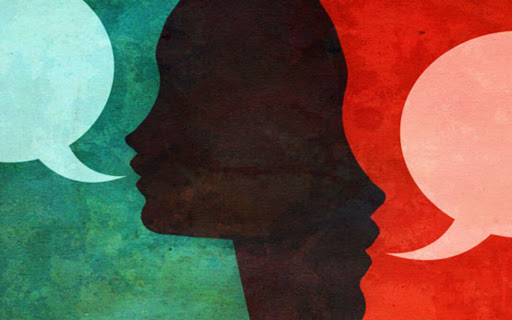A letter from our founder on the importance of free speech and debate theory:
I am 71 years old and I have experienced and have seen a lot in my lifetime. I’ve watched our world evolve in so many ways. Because of this I know that we are fully capable of changing from a bad attitude to a good increasing our happiness. And I know we will continue to make this world a better place for future generations.
This is why I started the No Hate No Violence blog. I started it because I truly believe there is no place in the world for hate or violence. I believe we CAN make our world a better place. And I want to help do this. So, I began by writing posts trying to encourage others to embrace this ideology. This is my pay it forward.
Our team here created NO HATE NO VIOLENCE signs and took them to the streets to be carried at the different marches and protests. All in the hopes of reducing the tensions and encourage peaceful demonstrations and dialog. I’m not going to lie. It was intimidating for us to do this. But it was successful. We found that it didn’t make a difference what position a person stood on in the matter. Most were receptive and wanted to hold our signs. This gave us hope.
But, in my process of learning how to be a blogger (and yes, I am still learning how all of this works), I have spent many hours researching various topics. And as does everyone, I too have my own personal beliefs. But above all I believe in free speech. So, when I came across debate teams and the rules of debate I thought AHA! This is what we need. This can help!
No Hate No Violence believes in free speech with open and respectful dialog. So, we began developing the No Hate No Violence Debate Forums.
If we could promote free speech and reduce today’s angry rhetoric using facts we could encourage people to actually listen to each other.
We could get people to really hear different points of views objectively. What better way to start than to encourage healthy respectful debates. Especially in our youth.
In today’s world when we follow our politicians and media we become more and more exposed to so much negativity, mistruths, and corruption. Sadly, we are teaching our youth how to be corrupt, how to lie, how to be self-absorbed and how to be closed off to differing points of view. Much of our society claims to be enlightened and open-minded in today’s age, but in reality, many have become more intolerant.
I think that our issues with bullying alone, is an indicator of what our society and social media is teaching our youth. Our political leaders and their rhetoric spread all across the media spectrum just screams intolerance and is the epitome of bullying.
We want to change that. We want to bring the fine art of debating back to the forefront of American society. We want to re-open the dialogue.
Let’s encourage and support the benefits of debating. Debating promotes open dialogue and respect and tolerance for others. It teaches people how to think objectively and quickly. After all, to be objective you must be able to hear both sides of an issue.
The more we thought about debating the more we realized that we need to expand and promote these programs nationwide from grade school through university. Especially to those schools needing assistance. We want to get these debates recorded and publicized to provide ongoing education and awareness to the general public.
There are so many benefits that debating can offer.
Teaching our children to debate at the grade school level will develop their cognitive skills giving them greater confidence and self-esteem. It will improve their study habits and encourage them to take more interest in subjects they may otherwise shy away from. Click on this link to check out 3rd graders debating!
Debating at both the grade school and high school levels gives the teachers fun opportunities to engage their students in some of the more challenging or “boring” topics. It’s also a great avenue of redirection for kids lacking in social skills. The child identified as a “bully” could redirect their aggressive behavior in a more productive way. And the “shy” kid can find their voice.
These skills carried through high school and college will provide far better opportunities for success in life. High school debaters will improve their future college and scholarship opportunities. And those who choose not to go to college have gained invaluable skills to promote themselves in the workforce and their future careers.
Benefiting our youth with these skills benefits our society.
As you can probably tell, we are very passionate about this. But we are small and have been self-funding everything. We need your help. To fully make this a reality we need volunteers and donations to enable us to develop and distribute our systems, market the program, provide outreach and training, and to fundraise and secure sponsors. We hope you will join us on this journey to pay it forward.
There is no debate…debating can make the world a better place!






